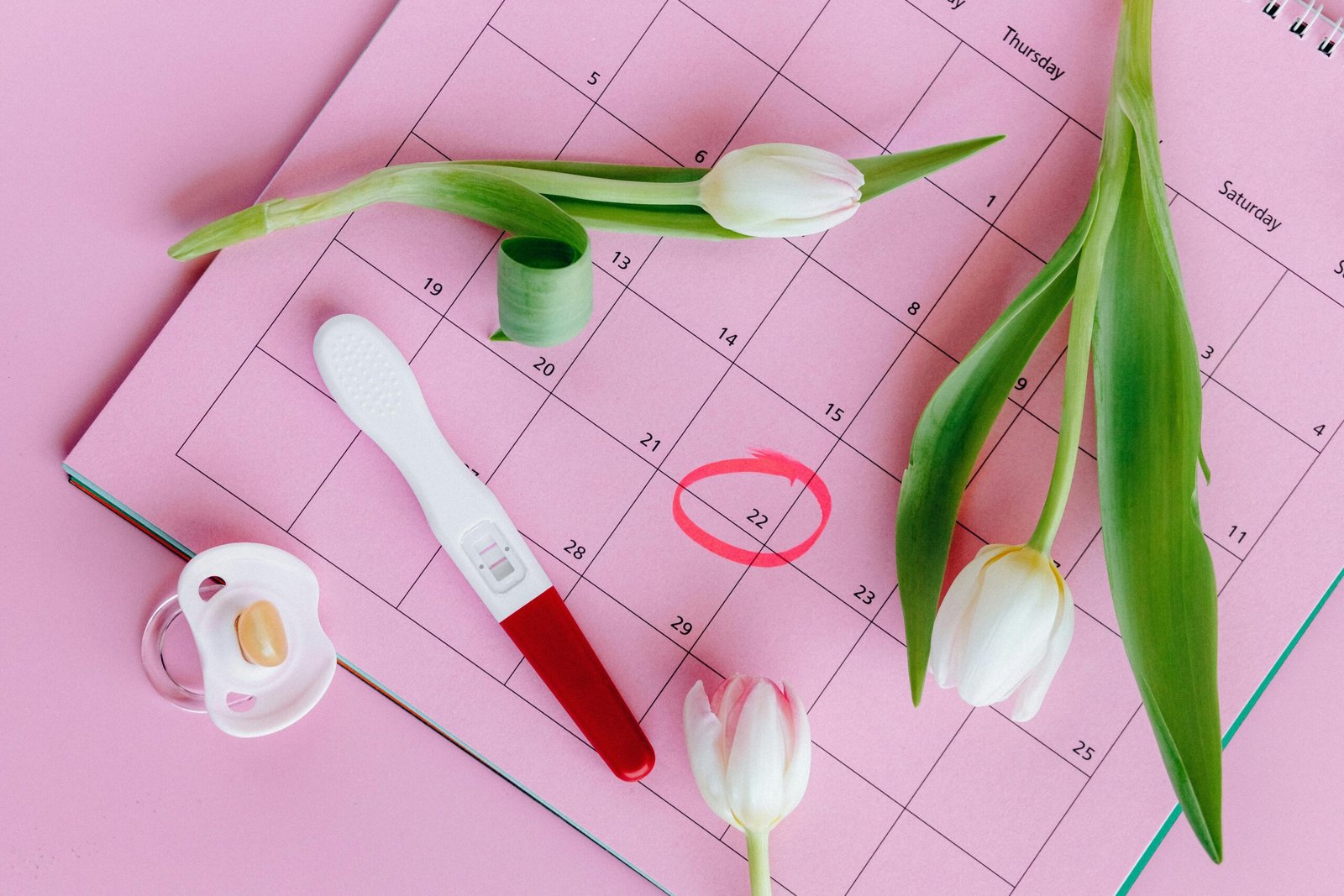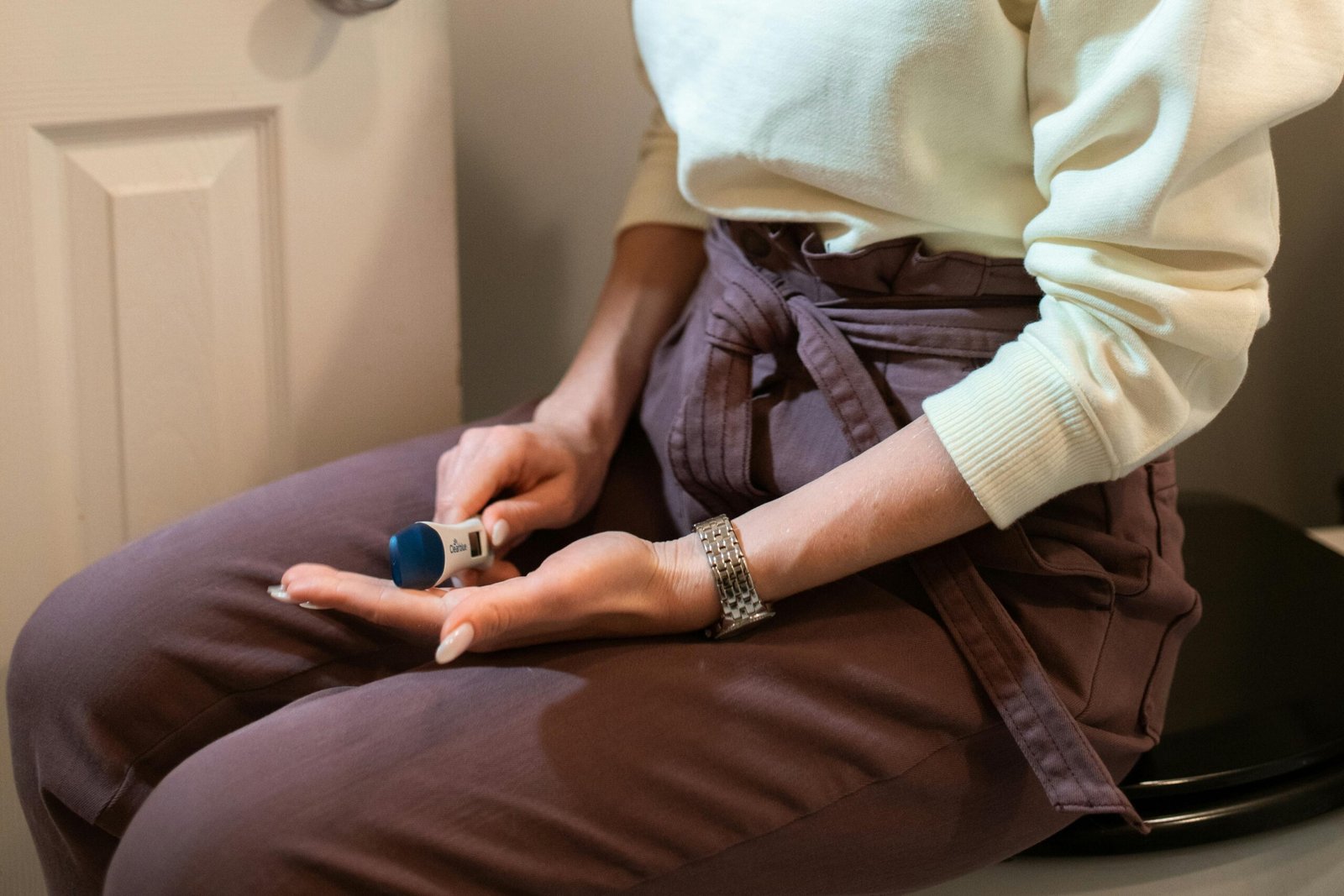Ah, the mysteries of the female body! If you’ve ever found yourself wondering, “When does ovulation happen?”—you’re definitely not alone. Whether you’re trying to conceive, avoid pregnancy, or just curious about how your body works, understanding ovulation is key. Let’s dive into the world of cycles, hormones, and that crucial ovulation window, all in a relaxed, no-fuss way.
When Does Ovulation Happen in a Menstrual Cycle?

First things first—let’s break it down. Ovulation is the process where a mature egg is released from the ovary, making its grand entrance into the fallopian tube, ready for potential fertilization. But the big question remains: when does ovulation happen?
For most people with a regular 28-day menstrual cycle, ovulation happens around day 14. But—and this is important—our bodies aren’t clockwork. Some women ovulate as early as day 10, while others might ovulate closer to day 20. It all depends on the length of your cycle and your unique hormonal rhythm.
The easiest way to estimate when ovulation happens is to count backward. Ovulation usually occurs about 14 days before your next period starts. So if your cycle is 30 days long, ovulation would likely happen around day 16. If your cycle is shorter, say 25 days, ovulation might be around day 11.
Does Ovulation Happen Before or After Your Period?
This is where things can get a little tricky. Since ovulation happens in the middle of your cycle, it actually occurs after your last period but before your next one. Think of your menstrual cycle as a book: your period is the introduction, ovulation is the exciting climax, and the rest of the cycle is leading up to the next chapter (your next period or pregnancy).
So, to answer the question: ovulation happens before your period, not after. If you’re someone with an irregular cycle, pinpointing ovulation can be a little more complex, but don’t worry—we’ll cover how to track it in just a bit!
How Can You Tell When Ovulation Happens?
Now that we’ve established when ovulation happens, how do you actually know it’s happening? Your body gives you a few subtle (and sometimes not-so-subtle) signs:
- Cervical Mucus Changes – Around ovulation, your cervical mucus gets clearer, stretchier, and resembles raw egg whites. This is your body’s way of creating a sperm-friendly environment.
- Basal Body Temperature (BBT) Shift – Your resting body temperature slightly rises after ovulation. If you track your BBT daily, you’ll notice a small spike when ovulation has occurred.
- Ovulation Pain (Mittelschmerz) – Some women feel a mild cramp or twinge on one side of their lower abdomen when the ovary releases an egg.
- Increased Libido – Mother Nature is clever—many women experience a higher sex drive when ovulating.
- Ovulation Predictor Kits (OPKs) – These at-home test strips measure luteinizing hormone (LH) in your urine, which surges just before ovulation.
If you’re trying to conceive or simply want to be more in tune with your body, tracking these symptoms can be incredibly helpful.
What Happens If Ovulation Doesn’t Happen?
If ovulation doesn’t happen, it’s called an anovulatory cycle. This can occur for various reasons, including stress, illness, extreme exercise, or underlying medical conditions like PCOS (polycystic ovary syndrome). If you suspect you’re not ovulating regularly, it’s a good idea to chat with a healthcare provider to get to the root of the issue.
Can You Get Pregnant Right After Your Period?
Short answer: Yes, but it’s less likely. If you have a short cycle (say 21-24 days), you could ovulate just a few days after your period ends. Sperm can live inside the female body for up to five days, meaning if you have sex toward the end of your period and ovulate soon after, conception is possible.
For those with longer cycles, it’s less likely but not impossible. This is why tracking your ovulation window is so important if you’re trying to conceive—or avoid pregnancy.
Does Ovulation Always Happen at the Same Time Each Month?
Not necessarily! While many women have consistent cycles, some experience variations due to stress, travel, diet, illness, or hormonal fluctuations. If you notice irregular ovulation or your cycle shifts frequently, don’t panic—but do pay attention.
How to Track Ovulation and Maximize Fertility
If you’re trying to conceive, knowing when ovulation happens is gold. Here are some ways to track it:
- Menstrual Calendar Apps – Apps like Clue, Flo, and Ovia can help predict ovulation based on cycle data.
- Ovulation Predictor Kits – These test your urine for the LH surge that happens before ovulation.
- Basal Body Temperature (BBT) Charting – Tracking your BBT daily helps confirm ovulation after it happens.
- Cervical Mucus Observations – Monitoring changes in your discharge can indicate your most fertile days.
Tracking ovulation consistently will give you the best insight into your cycle and fertility patterns.
What If You Have an Irregular Cycle?
Irregular cycles can make predicting ovulation tricky, but it’s still possible. Using multiple tracking methods—like OPKs, BBT charting, and cervical mucus observations—can help you get a clearer picture. If your cycles are consistently irregular, talking to a doctor may be a good idea, especially if you’re trying to conceive.

The Final Word on Ovulation Timing
Ovulation is that magical moment in your cycle when your body is primed for pregnancy. It happens before your period, usually in the middle of your cycle, but the exact timing varies from person to person. Whether you’re tracking for fertility reasons or just curious about how your body works, understanding when ovulation happens gives you valuable insight into your reproductive health.
So, next time you wonder, “When does ovulation happen?” you’ll have all the answers—and maybe even a few fun facts to impress your friends! Keep tuning into your body, and remember, it’s doing some pretty incredible things every single month.
Frequently Asked Questions on Does Ovulation Happen Before or After Period
1. Does ovulation happen before or after my period?
Ovulation happens before your period. Your cycle follows a pattern: first, you get your period (the shedding of the uterine lining), then your body starts preparing for ovulation by maturing an egg, and somewhere around the middle of your cycle, ovulation occurs. If the egg isn’t fertilized, about two weeks later, your period starts again. So, ovulation is like the main event sandwiched between periods—definitely before the next one, but after the last.
2. How many days after my period will I ovulate?
This depends on the length of your cycle. If you have a textbook 28-day cycle (which not everyone does), ovulation usually happens around day 14. But if your cycle is longer or shorter, ovulation shifts accordingly. A general rule? Count from the first day of your period and expect ovulation about 10 to 16 days later. If you’re tracking signs like cervical mucus or using ovulation tests, you’ll get a clearer idea of when your body is actually gearing up to release an egg.
3. Can I ovulate right after my period?
It’s rare, but possible! If you have a short cycle, say 21 or 22 days, ovulation might sneak up quickly—sometimes just a few days after your period ends. Sperm can also live inside you for up to five days, so if you happen to ovulate early and sperm is still hanging around from post-period intimacy, pregnancy can happen. If you’re trying to conceive (or avoid pregnancy), keeping an eye on your cycle length is key.
4. What happens if I don’t ovulate?
No ovulation, no egg. And no egg means no chance of pregnancy. But beyond fertility concerns, skipping ovulation can mess with your period. Instead of a regular, predictable cycle, you might experience irregular periods, really light or heavy bleeding, or even skipped periods. This can happen due to stress, weight changes, PCOS, or other hormonal imbalances. If it’s a once-in-a-while thing, no big deal—our bodies aren’t robots! But if it’s happening often, it’s worth checking in with a doctor.
5. Can I ovulate without having a period?
Yep, you can! If you’ve recently given birth, are breastfeeding, or have an irregular cycle, ovulation can sneak up even when you haven’t had a period in a while. Some people with conditions like PCOS or those recovering from extreme stress or weight loss might also ovulate unexpectedly. That’s why some people get pregnant without realizing they were even fertile! If you’re trying to conceive or avoid pregnancy, tracking ovulation signs (like cervical mucus or ovulation test kits) is a good idea.
6. What are the signs that I’m ovulating?
Your body sends some pretty cool (and sometimes sneaky) signals when ovulation is happening. You might notice egg-white-like cervical mucus (stretchy and clear), a slight dip and then rise in basal body temperature, mild cramping on one side (called mittelschmerz), or even an increased sex drive (nature’s way of nudging you toward reproduction!). Some people also report breast tenderness or heightened senses, like smelling everything from a mile away. If you’re tracking ovulation, these signs can help you pinpoint your fertile window.
7. Can I ovulate twice in one cycle?
Technically, yes—but not in the way some people think. You can release more than one egg during ovulation (which can lead to fraternal twins), but once ovulation happens, your body won’t release another egg until the next cycle. The idea that you can ovulate weeks apart is a myth. That said, some people have naturally irregular cycles that make it feel like they’re ovulating twice, but it’s more likely fluctuations in hormones or a long fertile window rather than actual double ovulation.
